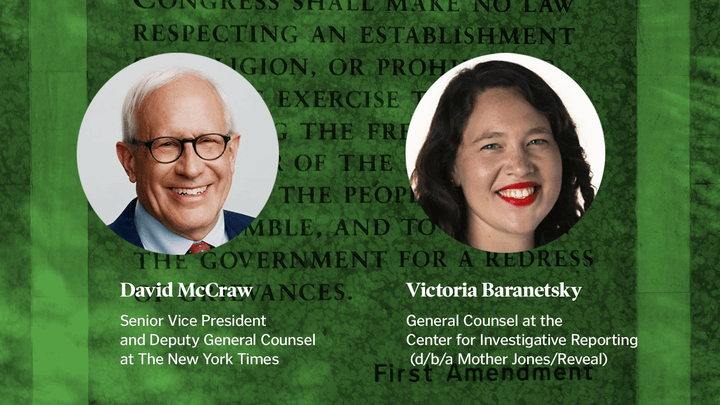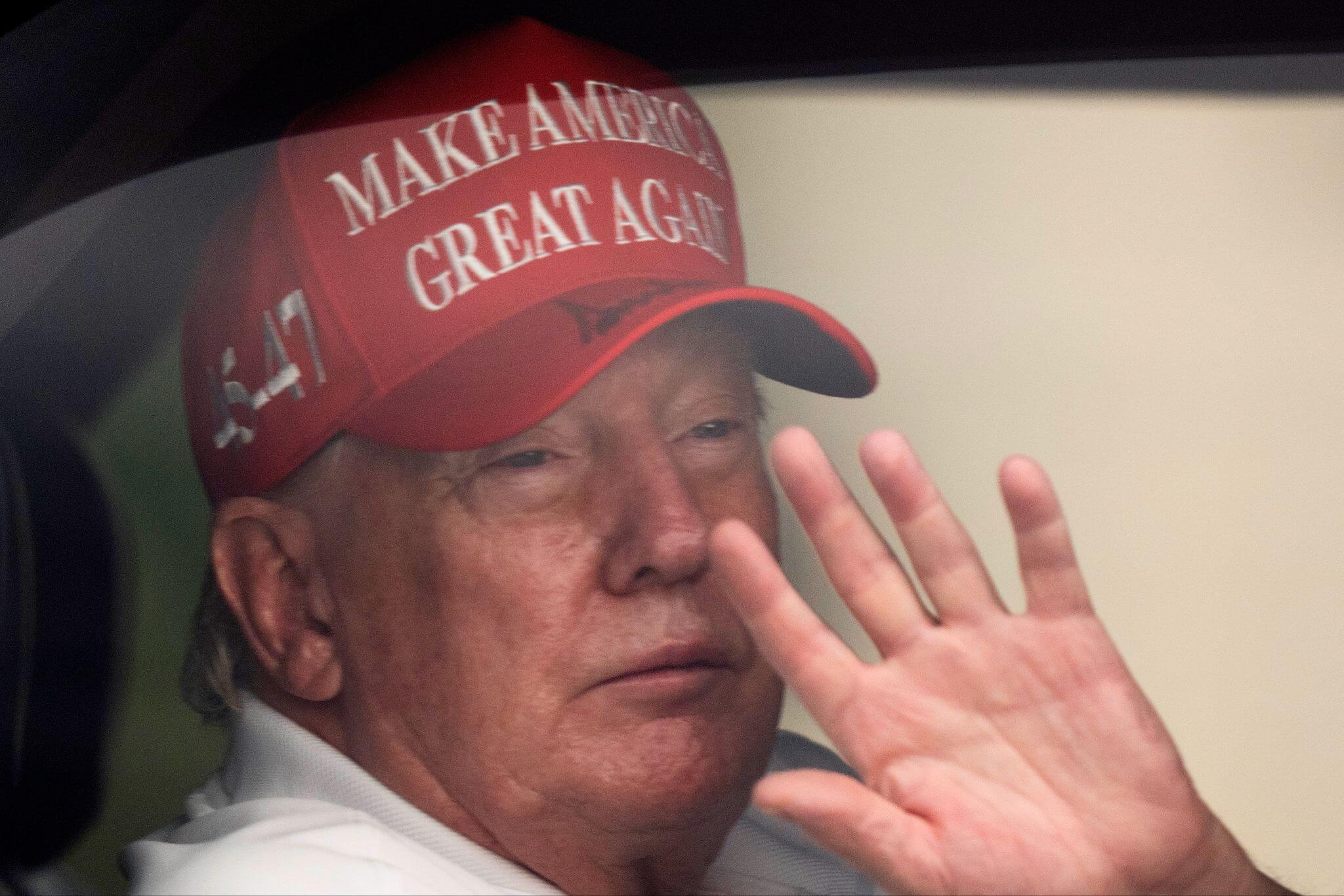Editor’s note: Nov. 19 is the 150th anniversary of the Gettysburg Address, arguably the most famous speech in American history. In his new book How to Write Short: Word Craft for Fast Times, Roy Peter Clark devotes the chapter “Surprise with brevity” to an examination of Lincoln’s speech. It is reprinted here with permission of publisher Little, Brown.
In the fourth grade I memorized and delivered the Gettysburg Address to my parochial school classmates. I can’t remember the assignment that inspired my performance, but I do recall that I was more parrot than poet, reciting Lincoln by rote with no understanding of historical context or of the meaning of individual words and phrases, beginning with “Four score and seven…” The only “four score” I knew was a grand-slam home run at Yankee Stadium.
Still, I grade that now-distant experience as among the most formative of my life. It put my young brain to hard work. It put me in front of an audience. And it put on my lips what is arguably the greatest short piece of writing in American history.
Five versions of the speech survive, along with news accounts from the period. The standard version is 269 words, and experts believe it contains revisions that Abraham Lincoln made himself so that his best thoughts could be preserved for posterity in the best language.
As a schoolboy, I was told that the president had scribbled the speech on the back of an envelope during the train ride from Washington to Pennsylvania battle sites. That tale turns out not to be true, but I embraced it as a kid. If little George Washington could chop down a cherry tree and then own up to it, surely Honest Abe could push a pen on the back of an envelope.
Such civic parables may mask a more inspiring history. Lincoln looked terrible that day and complained of illness, and some scholars speculate that he may have been suffering from a form of smallpox. The president was not the main speaker at the cemetery dedication and — already ill and fatigued — had to endure a stem-winder of more than two hours by former senator and Harvard College president Edward Everett, considered the most celebrated orator of his day.
Hostile editorialists criticized Lincoln’s address as short, shallow, and unworthy of the civic liturgy. But for most who heard or read it, the speech became famous because of its brevity. Let’s do the math. Everett spoke for two hours; Lincoln for two minutes. The now-forgotten oration was sixty times longer than the Gettysburg Address.
To Everett’s credit, no one recognized the disparity or gave Lincoln more props than he did. “I should be glad,” wrote Everett in a letter to his president, “if I could flatter myself that I came as near to the central idea of the occasion, in two hours, as you did in two minutes.”
The obvious difference in the two speeches was length, but that was not the only difference. Though there is a formality to Lincoln’s language that to modern eyes seems appropriate for the occasion, in the shadow of Everett’s classical oration, the president’s speech seems as spare as a Quaker meeting room. Here is a quick sample of Everett’s speech — and remember, as you read it, that back then long dramatic orations were considered forms of public entertainment:
It was appointed by law in Athens, that the obsequies of the citizens who fell in battle should be performed at the public expense, and in the most honorable manner. Their bones were carefully gathered up from the funeral pyre, where their bodies were consumed, and brought home to the city. There, for three days before the interment, they lay in state, beneath tents of honor, to receive the votive offerings of friends and relatives, — flowers, weapons, precious ornaments, painted vases, (wonders of art, which after two thousand years adorn the museums of modern Europe,) — the last tributes of surviving affection.
Imagine having to sit or stand through two hours of this, waiting for President Lincoln’s two minutes. As I read the speech, it does not surprise me that as Harvard’s president, Everett was unpopular with the students, who referred to him as Granny.
In his book Lincoln at Gettysburg, historian Garry Wills asserts that the famous speech helped create a new form of political discourse, “a revolution in style.” Sonorous and bombastic language gave way to the plain and simple — with this caveat:
It would be wrong to think that Lincoln moved toward the plain style of the Gettysburg just by writing shorter, simpler sentences. Actually, that Address ends with a very long sentence — eighty two words, almost a third of the whole talk’s length.
Wills argues that at their best “Lincoln’s words acquired a flexibility of structure, a rhythmic pacing, a variation in length of words and phrases and clauses and sentences, that make his sentences move ‘naturally’ for all their density and scope.”
Not only could Lincoln draft great short writing, but he could find it in the unpolished work of others. The most persuasive example of the president’s “verbal workshop” comes from a revision of his adviser William Seward. For the conclusion to the first Inaugural Address, Seward had suggested:
The mystic chords which, proceeding from so many battlefields and so many patriot graves, pass through all the hearts and all the hearths in this broad continent of ours, will yet harmonize in their ancient music when breathed upon by the guardian angels of the nation.
Lincoln takes the frothy sentence and applies the tools of an old-timey newspaper rewrite-man:
The mystic chords of memory, stretching from every battlefield and patriot grave, to every living heart and hearthstone, all over this broad land, will yet swell the chorus of the Union, when again touched, as surely they will be, by the better angels of our nature.
New Yorker editor Dorothy Wickenden describes the effect this way: “Lincoln took the sentiment, stripped it of its orotundity, and produced one of the most stirring political statements in American history.” The lesson for those who write short is that brevity loves company — in the form of substance and style.
This book began with the reflection that the right words in the right order might be worth a thousand pictures. When I hear the famous words of Lincoln, or a recitation of the Twenty-Third Psalm, or the final, climactic litany of Dr. King standing before the crowds at the Lincoln Memorial, I close my eyes and hear and then see images, word pictures that fill my heart and fire up my soul, language that sets my imagination soaring.
There is a lesson here for all of us. Students, teachers, workers, bosses — most citizens find themselves with the duty of having to deliver a report, a presentation, a case study, a sermon, a speech. We know that this task — while common and important — often induces great anxiety in the speaker. One way to accomplish the task with the minimum amount of performance anxiety is to remember Honest Abe and keep the message short. Think of how grateful you are as a listener when the graduation speaker, no matter how powerful, delivers the goods in ten minutes rather than twenty, or even better, five minutes rather than ten.







